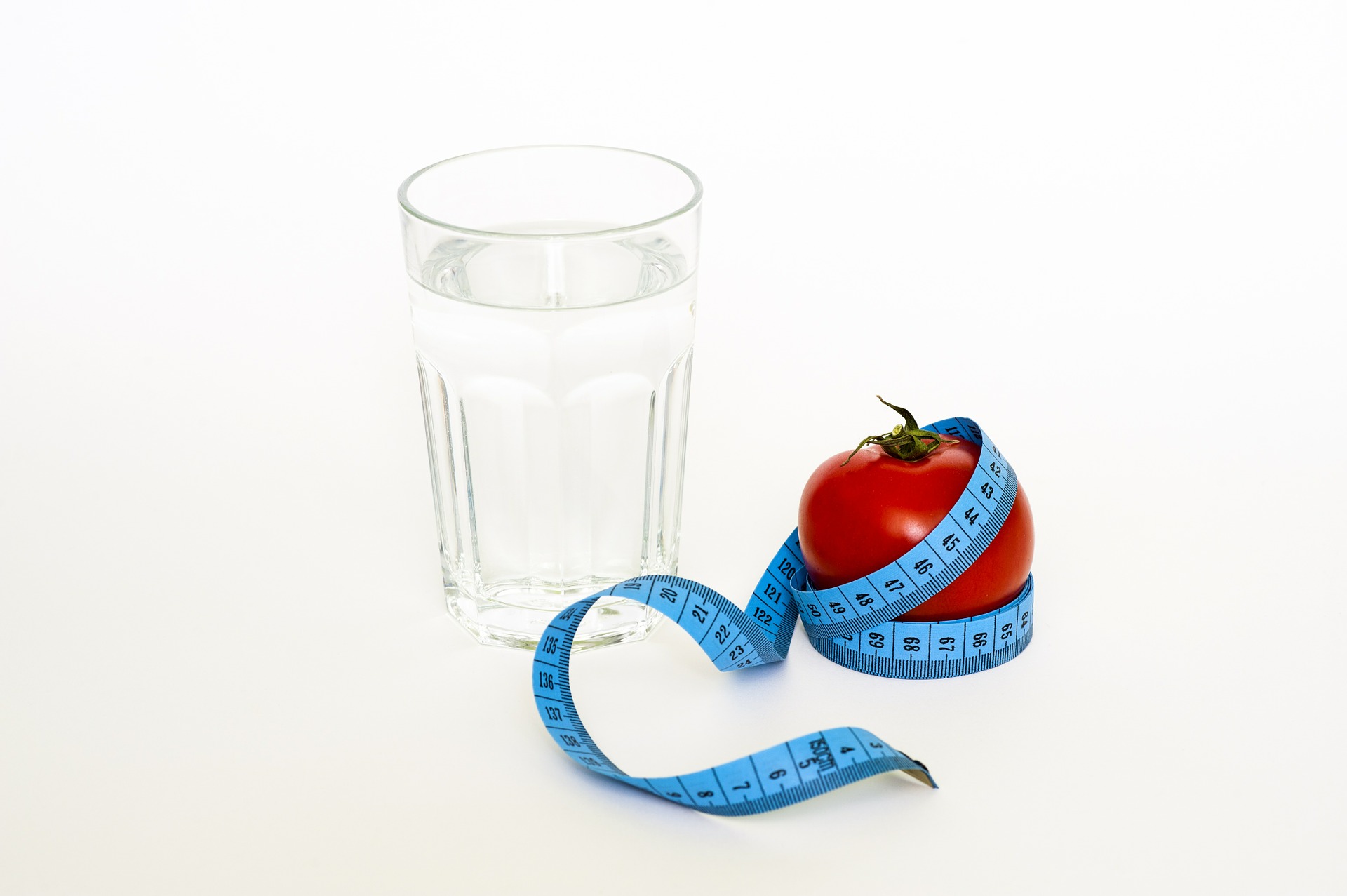It’s almost summer, and many of my clients are trying to lose weight. With marketing on all forms of media, plus testimonials from friends and family, fad diet claims can sell many clients on an eating plan that won’t give them results and could potentially be harmful. As a registered dietitian nutritionist, it’s my job to share the science. When it comes to fad diets, detoxes, cleanses and pseudoscience, it can be difficult for clients to understand what is good science, and what is simply too good to be true. Let’s look at a few trendy diets and a few reasons your clients may want to steer clear.
Diet Disasters
US News & World Report ranks 40 popular diets each year. An expert panel in diet, nutrition and disease prevention evaluates the diets for sound nutrition advice. Popular diets that fell to the bottom of the list include:
- Ketogenic Diet: This low-carb, high-fat diet promises the fat burning power of ketosis. It’s been embraced by celebrities and so-called experts touting health benefits ranging from weight loss to blood glucose control and even cancer prevention. Originally developed as a therapy for pediatric and adult patients with intractable epilepsy, it continues to be effective as this form of therapy – but that doesn’t make it ideal nutrition for all of us. For the casual dieter, there could be unintended consequences, including increased blood lipid levels and nutritional deficiencies. It ranks next to last on the U.S. News & World Report 40 Best Diets Overall.
- Whole30® Diet: Aiming to change your life in 30 days, the Whole30® focuses on eliminating foods that they claim could negatively affect your health. A rule of thumb to remember: Any diet that eliminates food groups can lead to nutrient gaps. Take out dairy, whole grains and lentils, and you seriously risk missing America’s four nutrients of concern: calcium, vitamin D, potassium and fiber. Thirty days may also be too long for most of us: The diet is restrictive and can be challenging for most people to stay on for a full month. It ranks at No. 37 on the U.S. News & World Report 40 Best Diets Overall.
- Paleo Diet: With a focus on lean proteins, fruits and vegetables, this diet challenges us to eat like our ancestors. Eliminating part of MyPlate can help you lose weight, but you’ll also be missing essential nutrients. A meta-analysis found short-term benefits for patients with metabolic syndrome, but there still isn’t enough research to support the health claims. It ranks at No. 32 on the U.S. News & World Report 40 Best Diets Overall.
Research indicates that fad diets don’t work in the long term, and although many of these diets claim to be a healthy eating style, they simply don’t replace healthy eating patterns in the 2015-2020 Dietary Guidelines for Americans (DGA).
Many of my clients are still looking to improve their diet and their health. What’s a better way? I’d suggest a few easier ways to incorporate healthy eating plans.
Balanced Approach
- What’s been the No. 1 diet on the U.S. News & World Report 40 Best Diets Overall for eight years in a row? The DASH Diet. Created to prevent and reduce blood pressure, DASH contains foods high in potassium, calcium, magnesium, fiber and protein; foods your body needs to fight cardiovascular disease. While not intended as a weight loss diet, research shows that people do lose weight on DASH.
- The Mediterranean Diet ties for No. 1 overall, and ranks No. 2 for heart-healthy diets, with its healthy-for-you fats and focus on produce and lean proteins.
Both the DASH Diet and the Mediterranean Diet mirror the DGA, and for many people, MyPlate may help them reach their healthy eating goals. Focus on getting your clients the information they need and a plan that they can live with. Realize that it might take time. Small change is the most effective change, and helping clients reach their goals may be a matter of remaking their plate one food group at a time.
Learn more about the DGA. Share my favorite recipes with your clients.




